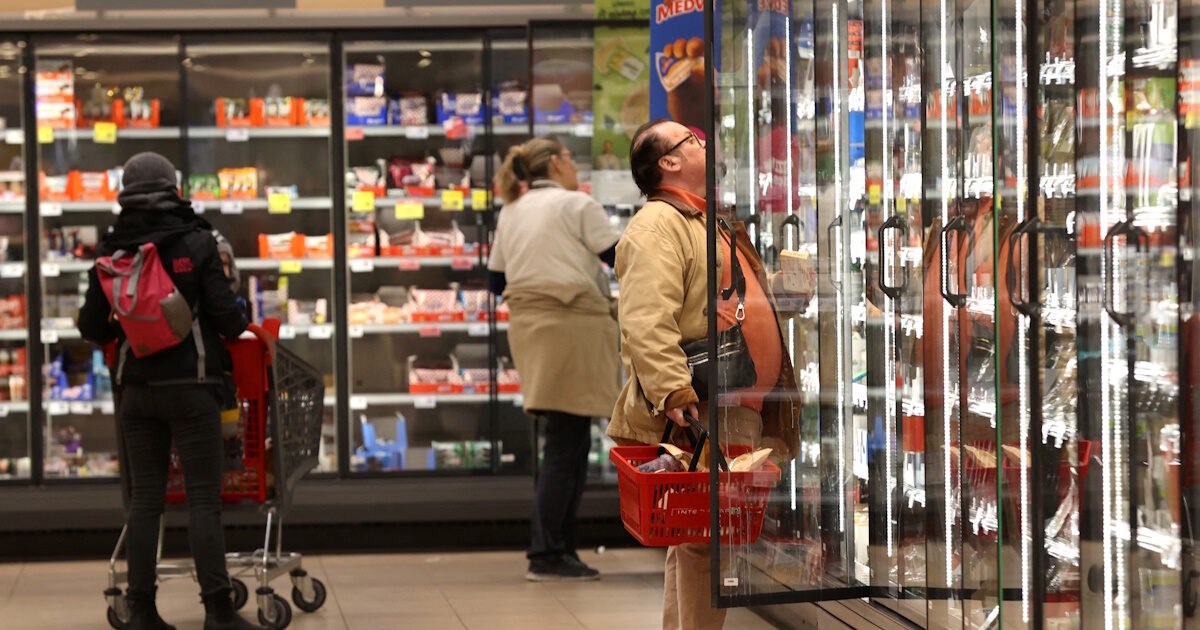Increasing above expected the consumer climate noted in USA April, as the expected level inflation It has reached the highest level since 1981, as a study by the University of Michigan has shown today (11.04.2025).
Measurement of the middle of the month for the consumer climate in the US decreased to 50.8, from 57.0 in March and under Dow Jones’ estimate for 54.6. This move represented a monthly change of 10.9% and was 34.2% lower than a year ago, but as the climate was lower, inflation concerns increased.
Respondents’ expectations of inflation in one year from now have jumped to 6.7%, the highest level since November 1981 and from 5% in March. In a five -year horizon, expectations climbed to 4.4%, an increase of 0.3 percentage points since March and the highest level since June 1991.
Other measurements of the research also exhibited deterioration.
The current economic circumstances fell to 56.5, dropping 11.4% compared to March, while the expectations fell to 47.2, declining 10.3%. On an annual basis, the two indicators decreased by 28.5% and 37.9% respectively.
Climate reductions concerned all demographics, including age, income and political position, according to Joanne Hsu, director of the research.
“Consumers report multiple warning signs that increase the risk of recession: expectations for business conditions, personal financial, income, inflation and work markets have continued to get worse this month,” HSU said.
In addition to the other indications, the research has shown that unemployment fears have increased to the highest level since 2009.
Research comes amid concerns that President Donald Trump’s duties will increase inflation and slow growth, with some prominent Wall Street executives and economists expecting the US to be stunned in recession next year.
Federal bank officials in recent days say they are afraid that consumer expectations can quickly become a reality if the behavior changes. Measurements of consumer and producers inflation this week showed that prices have fallen in March.
Also, the research of the University of Michigan included answers between March 25 and April 8, with the closing period coming a day before Trump announced the 90 -day suspension of aggressive duties against dozens of US commercial partners.
